|
I love books, I have just put down 'Fizzlebert Stump - The boy who ran away from the circus and joined the library' in order to write this blog post. I love that moment when reading aloud to a class, the bell rings and the children moan in horror when they realise that that they won't hear what happens next until the following day. Books are powerful learning tools when used correctly. However, as discussed in my previous post 'Mission: Engender a love of reading' some children do not enjoy reading. There is some debate as to what constitutes a reluctant reader. I call them the 'Don't, Won't and Can't readers' We need to engage them in the reading process through a variety of methods.
Key Reading StrategiesTo download a pdf copy click here
1 Comment
Mission: Engender a love of reading.
A simple sounding mission that has been ongoing in schools forever! There are a number of reasons why people argue that this is 'the' most important mission. There are arguments that reading is a life skill and without the ability to read people will find it difficult to gain employment and live a 'normal' life. The National Curriculum encourages teachers to read whole books with pupils in order for them to improve their grammar and knowledge of 'Standard English.' There are those people who argue that children need to develop a love for reading in order to access wonderful worlds, visit places and go on adventures that they may not have the opportunity to do in their everyday lives.
Another thing that the quotes don't tell us is that the books that some schools will send home may not be amazing, beautiful stories but rather dull and boring reading scheme books. Books without a plot, that have few words on a page and are functional skill delivery texts that do not inspire children. These books can lead to some children being put off reading altogether unless other amazing books are shared alongside the scheme books. Send home library books and great picture books alongside the reading scheme books.
It is a sad fact that in some households do not have many books. In some houses, the reading scheme book will be one of only a handful of books available and books or reading are often not seen as important in some homes. A recent UKLA survey showed that 25% of children agreed with the statement that their parents were not bothered if they read or not. There are many battles that we need to overcome in order to get children to enjoy reading. We need to ensure that we are supporting parents in order for them to share quality texts with their children.
Another problem with reading in schools is that as soon as we light the reading spark, we get children enjoying reading for reading's sake then we test them. We tell them that the reading they have been doing is not good enough, their reading ability is not where it should be and they need to get better at it. For those novice readers or reluctant readers this may just put out that tiny spark that was beginning to grow. How can we get children to love reading and be confident with reading if the first thing we do is tell them that they are not good enough at it?
A couple more quotes extolling the wonder of reading: maybe we need some that tell them that it is tough too.
Scrolling through twitter tonight I came across The Guardian Newspaper's tweet about this 'teaser trailer' for the new Disney film 'The BFG.' It made me very excited, The BFG is my favourite Dahl book and the 1989 film was a big part of my childhood, seeing the giant (briefly) in this trailer did remind me of the original. I have quickly outlined below some ways in which the film could be used in the classroom. Ideas for use in the classroom. Watch the film without sound. Can the children guess what the film is? What book it is from? Could they write a narrative to go with it? Write a short narrative beginning with the the lines from the trailer 'Never get out of bed. Never go to the window. Never look behind the curtain." Or even end with them. Pause the film on the 6 short scenes at the beginning showing the settings; view of the city, empty street, the front of the orphanage, the corridor, the grand hall way, the dormitory. Ask students to create a short description for each capturing the mood, the silence, the atmosphere. You could allocate the setting to groups of pupils then work as a class to develop a finished piece linking all of the settings. Focus on using these settings as story openings alongside work on prepositional phrases to help explore openings. e.g. Under the cover of darkness, along the darkened alleyway, just beyond the old Stephen Street Orphanage, an almost undetectable figure crept in the shadows, out of sight of the sleeping city. Children could change the narrative from a 'giant' to a different mythical beast, a unicorn, a boggart, a wizard. Create an internal monologue for The BFG, what does he think/say when he knocks over the bins, when he sees the cats; when he sees Lucy. Create news reports about the strange events that have been happenings, children going missing etc. Show not tell work on fear. Think of all the different elements, hiding under the covers, heavy breathing etc. Some tips on 'Show not tell' here Write an explanation about 'The Witching Hour' what is it? When is it? Can you describe your school, your house or your street during the witching hour? What happens next? Ask children to make predictions. Many of them will already know the story, can they change it? Perhaps the BFG can't find her when he reaches in, maybe she bites his finger and he leaves her alone, children may be able to parody the story quite well. Create an advert to help prevent kidnapping by Giants - e.g. Are you bothered by Giants in the night? Buy our new, anti-giant windows. Choose another of Dahl's books and create a trailer for that, use drama, photos, film and iMovie on the iPads to create an actual trailer. This is by no way an exhaustive list and if you have any more ideas please share them in the comments below. If you like these ideas and would like to have Rob (Literacy Shed Creator) in your school to share these ideas and many others please visit www.literacyshed.com/CPD |
Archives
July 2020
Categories
All
|
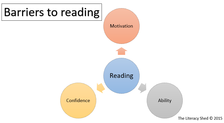
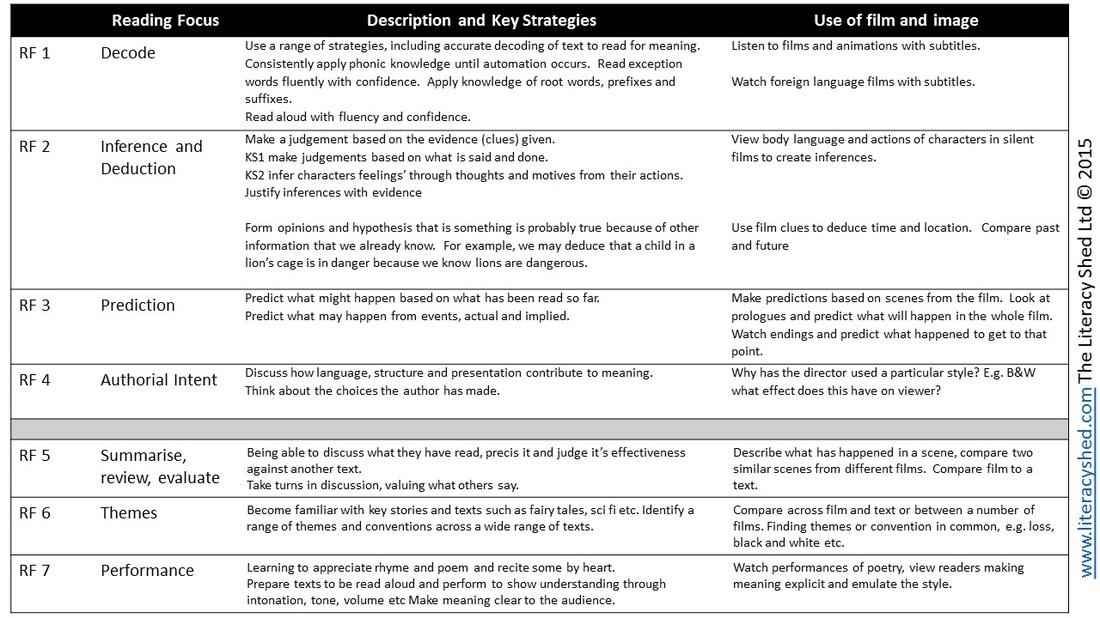
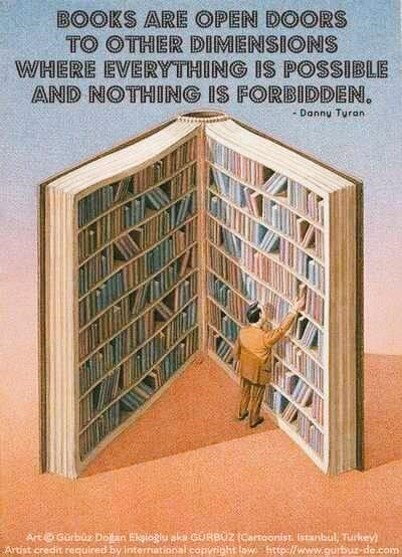
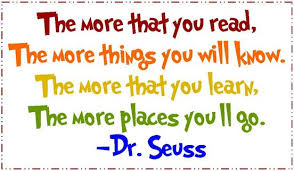
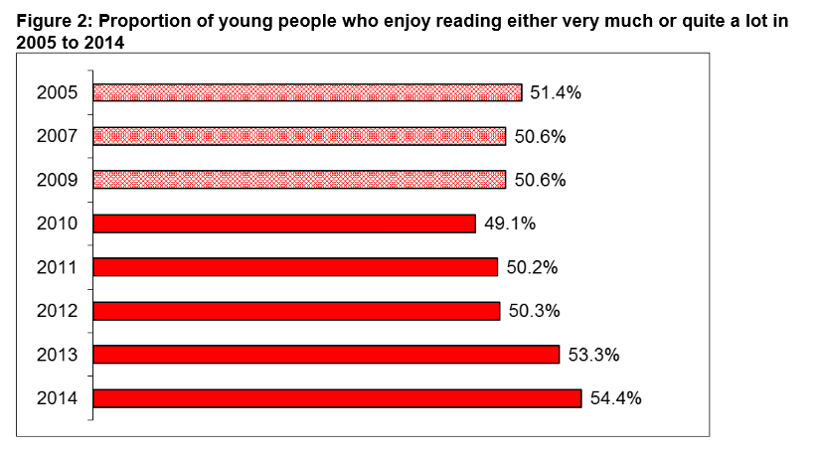
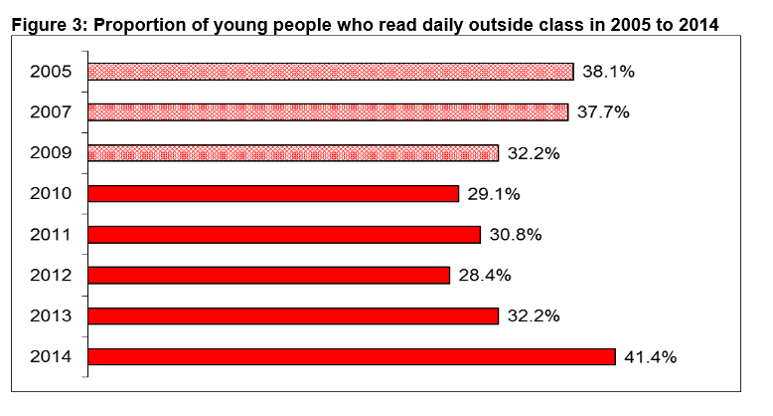

 RSS Feed
RSS Feed
